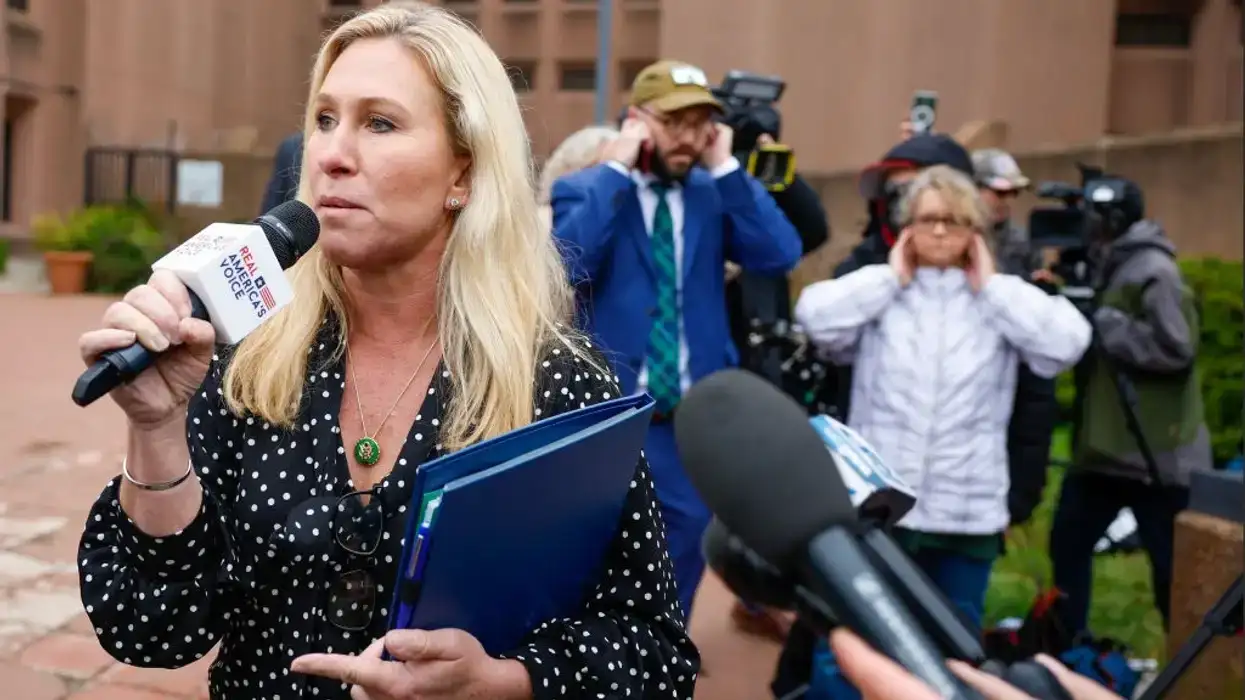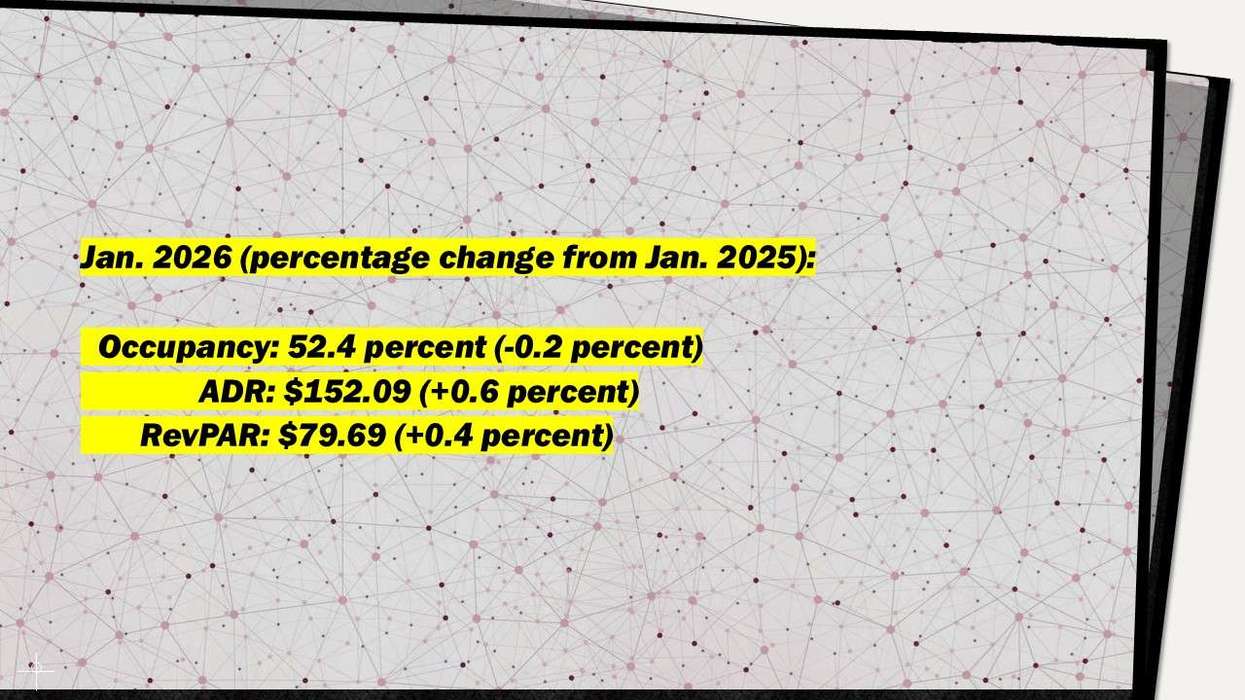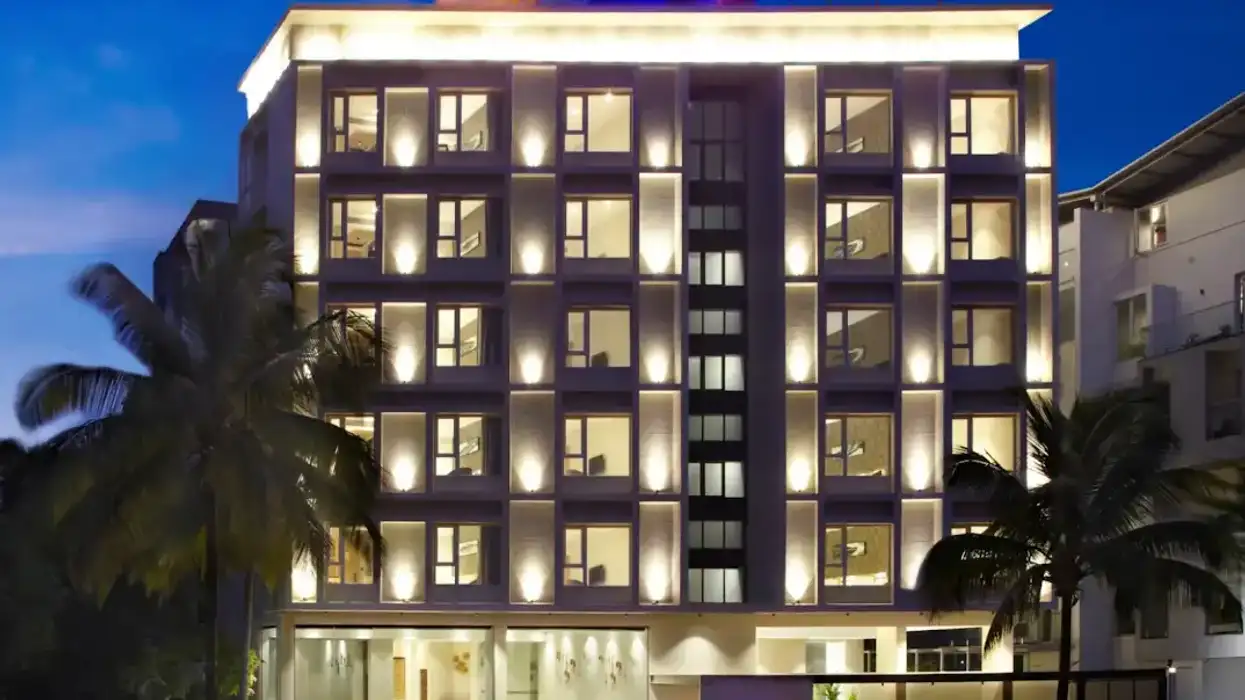Summary:
- U.S. lawmaker moves to end H-1B program and citizenship path.
- Indian nationals, 70 percent of H-1B holders, are likely to face setbacks.
- Visa officers can deny visas based on health conditions.
A U.S. LAWMAKER plans to introduce a bill to end the H-1B visa program and its pathway to citizenship, requiring workers to leave the country when their visas expire. Meanwhile, the Trump administration reportedly directed U.S. visa officers to factor obesity and certain long-term health conditions into reviews that can lead to visa denials.
Marjorie Taylor Greene, a congresswoman from Georgia, said in a video on X that the program has involved fraud and abuse and displaced American workers for decades. Her bill would end the program, with a temporary exemption of 10,000 visas for medical professionals, phased out over 10 years, according to PTI.
Greene said the bill aims to return the H-1B program to its original purpose: filling short-term specialty roles, not providing a long-term path to U.S. residency.
“People should not be allowed to come and live here forever,” she said.
The proposal also affects medical residencies. Under the bill, Medicare-funded programs could not admit non-citizen students. Greene cited data showing U.S. graduates often fail to secure residencies while foreign-born physicians fill those positions.
The move comes as the U.S. issues 65,000 regular H-1B visas and 20,000 for advanced-degree holders. Technology workers and Indian professionals receive many of these visas and many later apply for permanent residence. Indian nationals, who make up 70 percent of H-1B holders, are expected to face setbacks.
Earlier this year, the Trump administration added restrictions on H-1B petitions, including a $100,000 fee for certain applications filed after Sept. 21.
Greene said her bill continues an “America First” approach to the U.S. workforce. She argued that reliance on foreign talent has persisted too long and that American workers should have priority in jobs and medical training programs, India Weekly reported.
Health issues may bar visas
The Trump administration now directs U.S. visa officers to factor obesity and certain long-term health conditions—including diabetes, heart disease, cancer, depression and respiratory illnesses—into “public charge” decisions that can lead to visa denials.
U.S. Secretary of State Marco Rubio sent a message on Nov. 6 to embassies and consulates outlining the new rules. The change expands medical checks beyond contagious diseases and gives visa officers more grounds to reject applications, The Washington Post reported.
Under the new order, these health conditions are treated as potential healthcare costs for the government. Officers may deny visas if they determine an applicant could become a financial burden, according to the Business Standard.
In October, the Trump administration advanced H-1B visa reforms through the Department of Homeland Security after imposing a $100,000 annual filing fee.






